Unsure whether that essential oil is fit for use? Find answers and ask questions right here in this informative post, where I explain how long essential oils last and more.
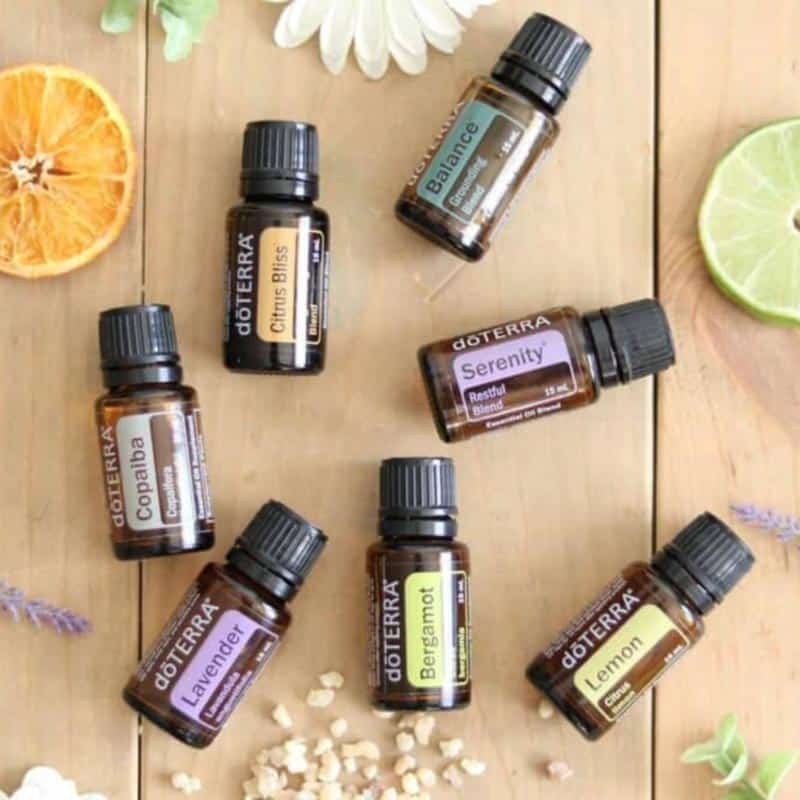
I have such a massive love for essential oils that my collection continues to grow.
In fact, I love everything about them, from how to use them and where (or what on) to the variety of scents on offer and the infinite uses.
Whether mixed into carrier oils, massaged onto the skin, used in cleaning products, or as a home fragrance, there is surely space for essential oils in every home!
Plus, there really is no end to how you can use essential oils – but therein comes the question:
How long do essential oils last? Moreover, how do we know when an essential oil has gone past its best?
Fear not. In this post, I’ll explain the answers to these questions and go into a bit more detail too.
This is not a recipe post this time round. Instead, it’s an informative post where I give my advice on how best to know if essential oils are still good to use and what to look out for if they’ve expired.
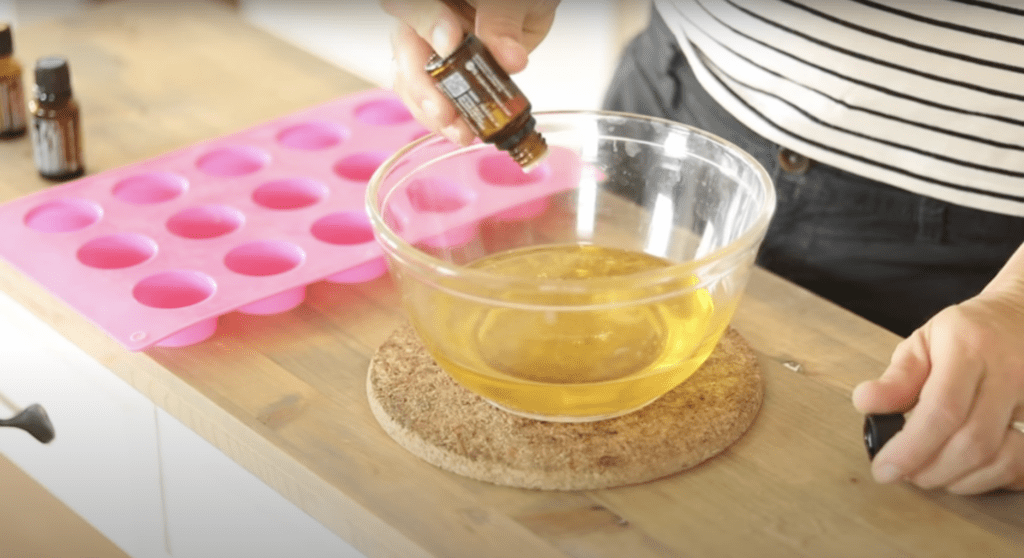
This post contains affiliate links, which means I make a small commission at no extra cost to you. Get my full disclosure HERE.
How long do essential oils last
Perhaps a more obvious answer to this question is to go by the ‘best use’ date on the packaging of the essential oil when we buy it – but how many of us actually keep this?
I know I don’t!
And in truth, a lot of so-called essential oils aren’t essential oils at all.
Depending on the brand you buy and the price you pay, you’ll be shocked to learn that many essential oils are watered down or diluted to a water-like consistency yet still labeled as an ‘essential oil.’
So when you look at your essential oil bottles, first, check what’s actually in them – ideally before buying.
And stick to reputable brands. Yes, you pay more, but the benefits of pure essential oils are so worth the investment.
You can learn more about the oils I use here.
Plus, they last far longer and don’t spoil as easily – if at all!
Pure essential oils are packed full of natural antiviral and antibacterial properties, which come direct from the plant or flower (the source of the oil), and they are sealed well enough in their glass bottles to maximize their lifespan.
Therefore, buying a reputable brand is worth it and would probably save you money in the long run, avoiding unnecessary mistakes and spoiling straight up.
To answer the initial question – the shelf life of essential oil is usually between 2 to 5 years.
Saying that, if you never open the bottle and a high-quality (non-diluted) oil stays sealed, the lifetime of it can last over 10 years, if not more!
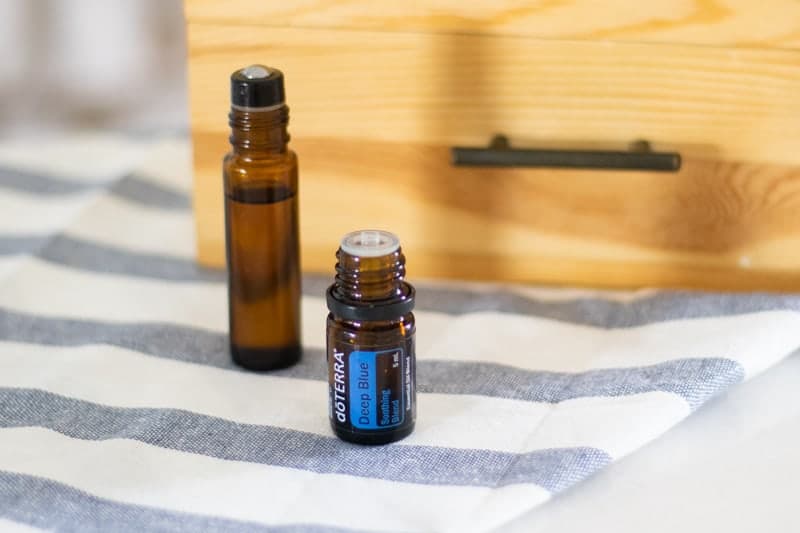
Do essential oils expire?
Yes, they do! But the timeline of essential oils is not linear, and so the answer is not a yes/no tick in the box.
Every essential oil is different basically, and it depends if the bottle has been opened and stored correctly, plus how good is the quality of the oil from the manufacturer.
So, yes, they do expire (eventually), but some last many, many years if cared for correctly.
Always look for essential oils in dark glass bottles – and store them away from sunlight.
Store them in a cool place, too (away from heat as well as the sun).
If you have the space, storing them in the refrigerator is a good idea to extend their shelf life and keep them fresh.
If an oil is not a ‘pure essential oil,’ which you’ll only know by researching the manufacturer, the shelf life will be limited to the carrier oil that is diluting down the essential oils.
Do essential oils lose their potency over time?
In theory, yes, essential oils do lose their potency over time due to a process called oxidation – which happens when you open the bottle (it’s a natural consequence of oxygen interaction).
Some oils last better than others, and in truth, you wouldn’t notice much change in them if you buy the higher-quality oils.
High-quality oils (and I mean pure essential oil) contain huge amounts of raw plant material to make just one 15ml bottle.
You’d be amazed to know that it takes around 50-60 lemon rinds just to make ONE tiny bottle of lemon essential oil!
So when you buy a cheapie bottle – you can be sure you’re not buying a real essential oil.
This is something to always consider, I think. Is it worthwhile buying cheap when you know it’s not the real deal?
And, of course, a diluted version of essential oil is always going to lose potency over time far quicker because the carrier oil it’s in dilutes the natural oil from the get-go.
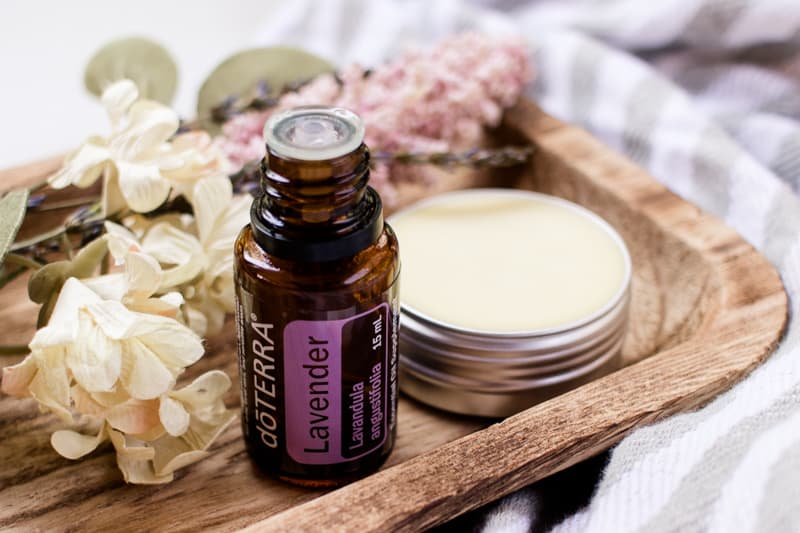
storing essential oils
Storage of essential oils is very important!
So don’t, whatever you do, leave that wonderful bottle of pure essential oil on the kitchen sink (or wherever the sun beams in from that window overlooking the garden.)
You need to store essential oils in dark glass bottles – which, if you buy high quality, means the oil should arrive in a dark glass bottle.
Never ever buy oils in plastic bottles, as the natural plant molecules react when plastic is in contact with them (yuck).
So, number one is to store essential oils in glass bottles – the darker, the better.
Secondly, store them in a cool, dry place and ensure the lids are tightly fastened after every use.
A handy way to store your oils together is to consider a specially designed storage container with mini spaces for the bottles.
This keeps everything tidy, and the closed lid system means minimal light gets in, meaning oils will last that much longer.
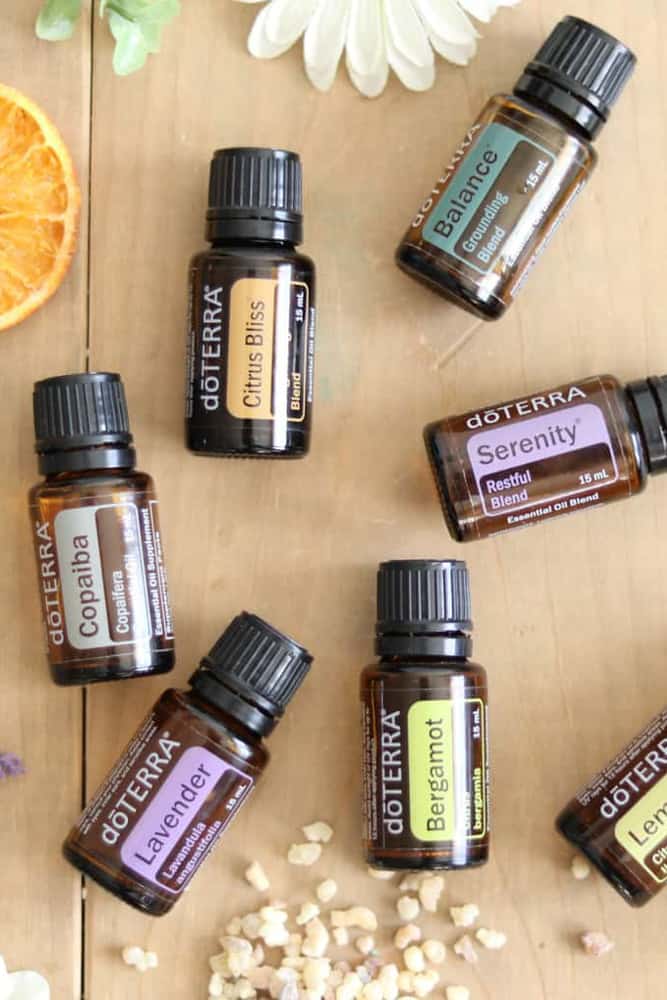
What to do with expired oils
It’s always best to be safe when working with essential oils – so if you suspect an oil has spoiled, which you can usually tell by its age and smell (they go pretty rancid!), then dispose of it.
Contact your local authority if you’re unsure how best to dispose of essential oils. You should never pour them down the drain as they may harm your pipes, and, equally, harm the water system.
Some authorities require you to dispose of essential oils at a chemical unit, much like you would any other oil, such as from the car or home.
If the oil has not spoiled to the extent that it smells rancid, yet you suspect it’s past its best, you could, in theory, still use it, say, as a garden bug spray.
But I would personally avoid using it anywhere in the house, and without a doubt, never put spoiled oils on your skin or in a diffuser where you risk breathing it in.
Takeaways
Always purchase pure, undiluted oils to ensure you are getting the best quality
The shelf life of essential oils is greatly affected by exposure to oxygen and sunlight.
Essential oils diluted with any fillers, including water and carrier oils, will not last nearly as long as pure oils.
Some essential oils may be ok to use after their expiration/use-by date; however, they may begin to lose their potency.
Discard any rancid-smelling essential oils immediately
Check with the essential oil manufacturer or your doctor before using essential oils past their expiration date.
I hope you find this post useful. If I’ve missed anything you’d like to know, please drop a comment below, and I’ll answer it.
If you want to read another post of mine, I recommend checking out one of these.
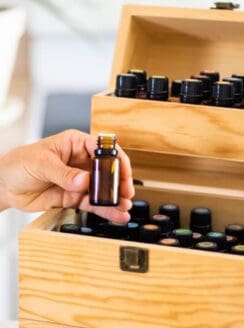
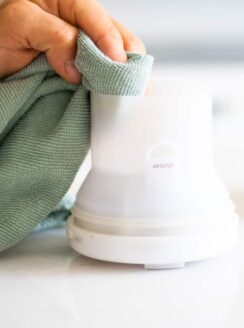
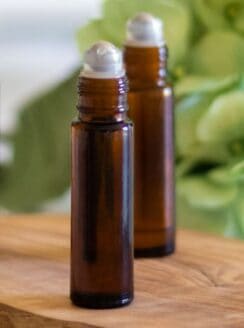
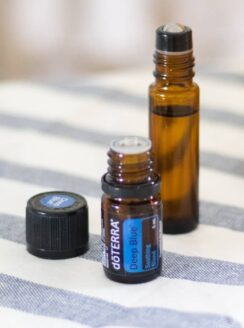
Gayle says
I wanted to ask if you sell oils?
Louise labbe says
Thank you! Very helpful!
Debi Bermingham says
Just wanted to say Thank You❣️ I have a large collection of doTERRA oils!!! All stored in sectioned boxes👍 I feel safe with doTERRA! I researched for 6 months! Absolutely ♥️ doTERRA❣️
Anabel says
Hi Laura, I have a question. Is the pure essential oils the same as organic essential oil? I bought a lavender organic essential oil that has the USDA organic sign and I also wanted to know if I was able to use that to make soap or a body butter that I would like to do. I new to this and I want to learn more.
Nancy says
I have a question about removing an oil diffuser which is stuck fast to the top of my dresser, which is made of wood! I’m afraid of ruining my dresser top. Any suggestions?